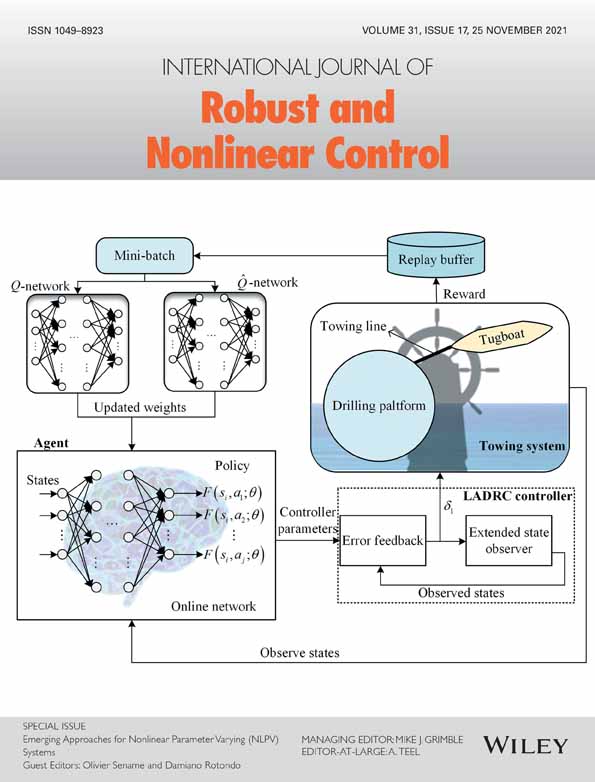Input–output-driven gain-adaptive iterative learning control for linear discrete-time-invariant systems
Funding information: National Natural Science Foundation of China, F030109-61973338
Abstract
For a class of linear discrete-time-invariant systems repetitively operated in a finite time length, an iterative correction algorithm is exploited to identify the system Markov parameters with multi-operation inputs and outputs in obeying a criterion, of which the time order of the corrector is adaptive to the time order of the controller. Interactively, an adaptive iterative learning control is architected which composes the compensator with the approximated Markov parameters and the tracking error in sequentially minimizing a quadratic objective function of the tracking error and the compensation. Algebraic manipulation achieves that the Markov parameters correction error is monotonically declining without any step parameter selection. Further, a rigorous derivation clarifies that the time order of the learning compensator must agree to the relative degree of the system and the tracking error is linearly monotonously convergent if the Markov parameters correction error falls into an allowable range. Inspiringly, the methods and results release the confinement to both the correction and the learning ratios. In addition, a smaller learning ratio factor tolerates a larger Markov parameters correction error. Numerical experiments support the significance and the validity.
Open Research
DATA AVAILABILITY STATEMENT
Data sharing is not applicable to this article as no datasets were generated or analyzed during the current study.




